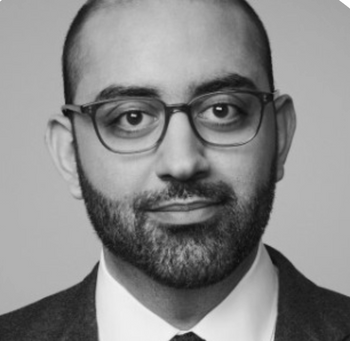University spends 15k to fight ‘non-inclusive language’ on campus
The University of Maryland (UMD) allocated $15,000 in 2012 to combat the use of language deemed by administrators to be “insensitive.”

This sign, part of the “inclusive language campaign,” discourages students from using the term “illegal alien.”
The “words have power” campaign’s goal is to deploy posters, buttons and other promotional materials to help foster an environment on campus that is not offensive to illegal aliens, homosexuals, or other minority groups.
“Non-inclusive language can offend or make spaces uncomfortable for people who are excluded by that language,” one of the campaign posters reads.
“It is easy to accidentally use offensive language, but since you could just as easily be on the receiving end of such language, you should try to ensure that you are not offending others with the words and phrases you use,” it adds.
One sign tells students to avoid using the phrase “that’s so ghetto” and substitute the term with words like “grimey,” “wack,” or “messed up.”
Similar signs can be seen throughout UMD’s campus discouraging students from using phrases such as “illegal alien,” “that’s so retarded,” and “no homo.”
UMD’s office of the President also encourages students who feel they have been a victim of “harassment” to report offensive incidents to the Office of Human Relations Programs or contact university police.
WATCH: Video aims to deter students from using “non-inclusive language”
Tommy Masino, a resident assistant who is charged with helping to implement the campaign, told the school newspaper he thinks the campaign will be effective as long as the university takes a “strong stance” and is serious about “enforcing it.”
But, some students say the inclusive language campaign goes too far.
“It is important to be civil with one another but this goes too far in taking language that most people would not find offensive and making us feel guilty for using it,” Ross Marchand, who is the president of Students for Liberty, a libertarian student group at UMD, told Campus Reform.
Marchand said he worries that such rules will hamper student’s constitutional right to free speech on campus.
“An environment conducive to freedom of speech [on campus]...requires the ability to say things without guilt,” said Marchand.
Amy Martin, the administrator who oversees the campaign, however, dismissed such concerns, saying the posters simply provide students with suggestions of proper language.
Martin said the idea was born after a series of LGBT forums where staff heard students use “non-inclusive” language. She applied for funding from the Office of Diversity Inclusion and launched the campaign after being granted $15,000.
“I think so far it has created some interesting conversations on campus,” Martin told Campus Reform.
She did, however, add that while it’s making students “think about their [non-inclusive] language” it has proved difficult to “eradicate things like this.”
The Foundation for Individual Rights in Education (FIRE), which tracks restrictive university policies regarding free speech, has given UMD a “yellow light” rating.
Follow the author of this article on twitter: @carmstantinople

